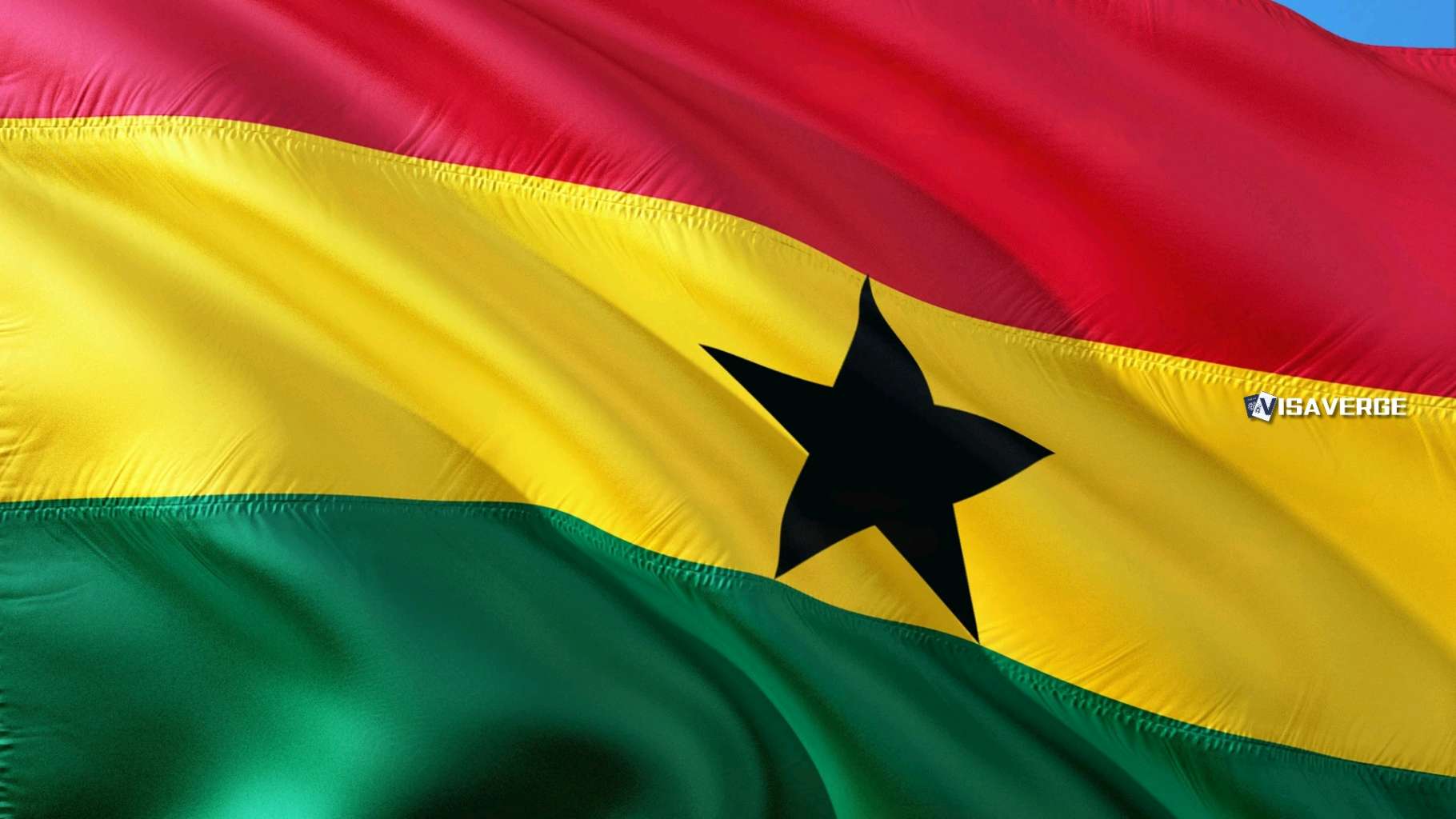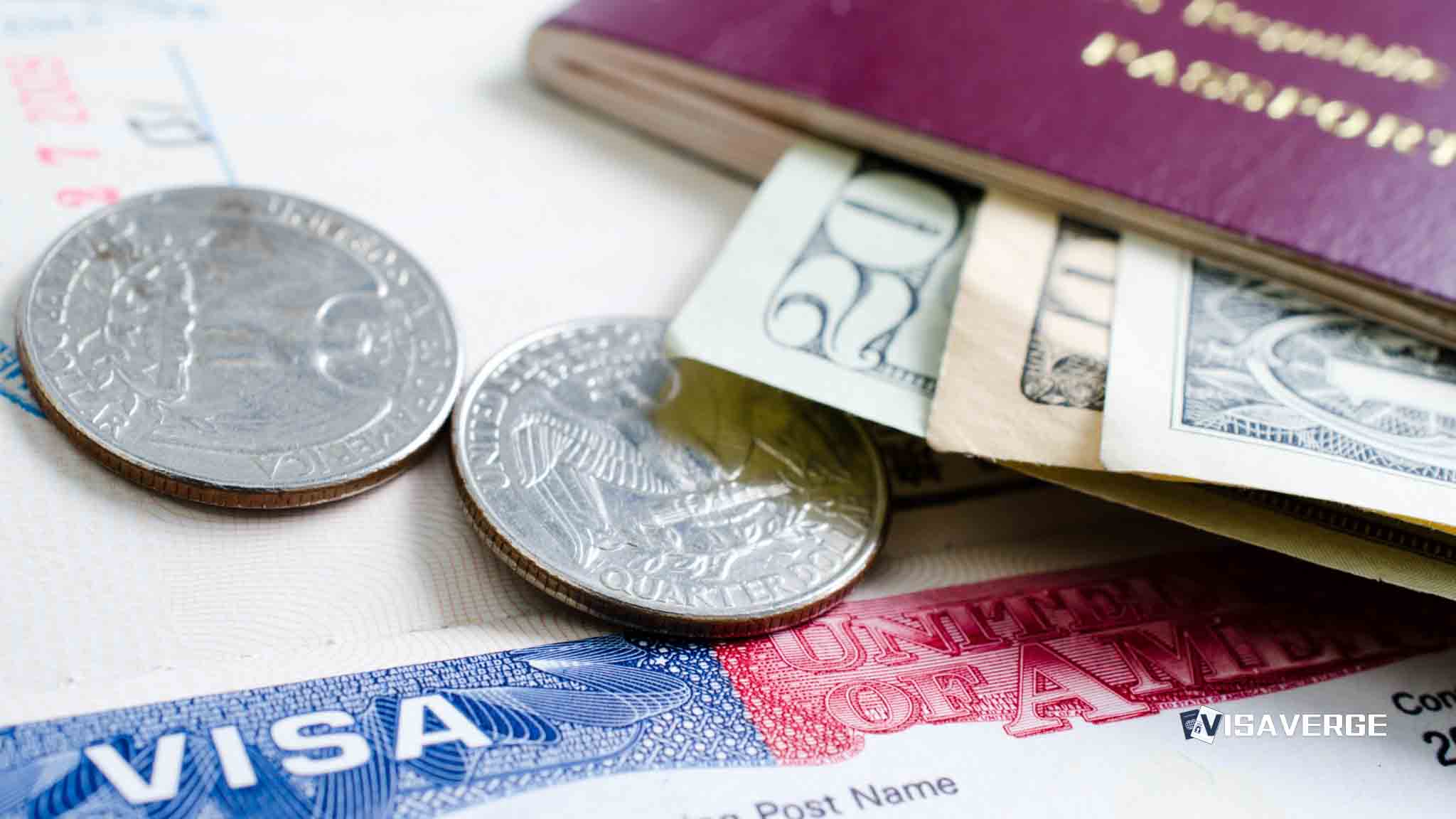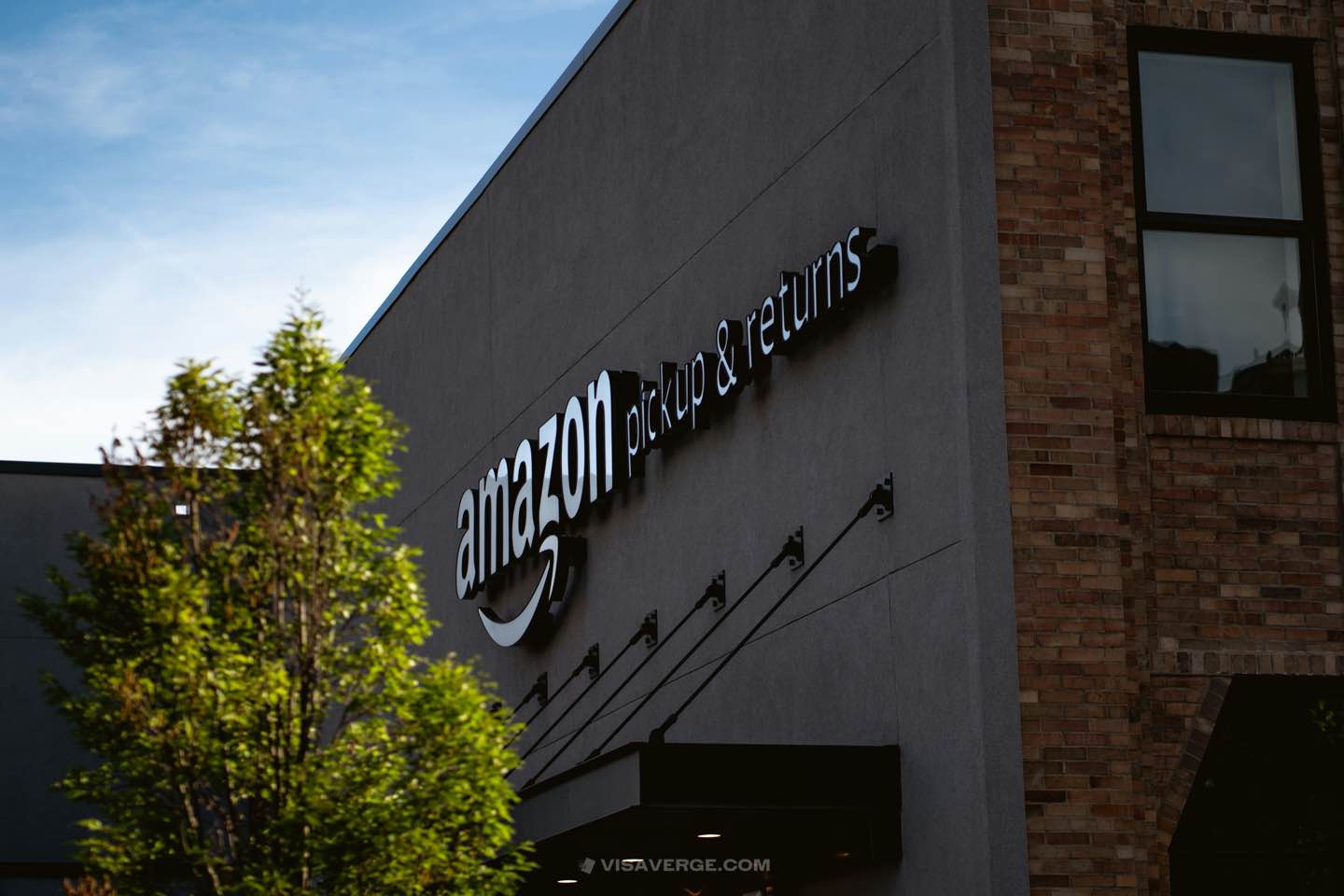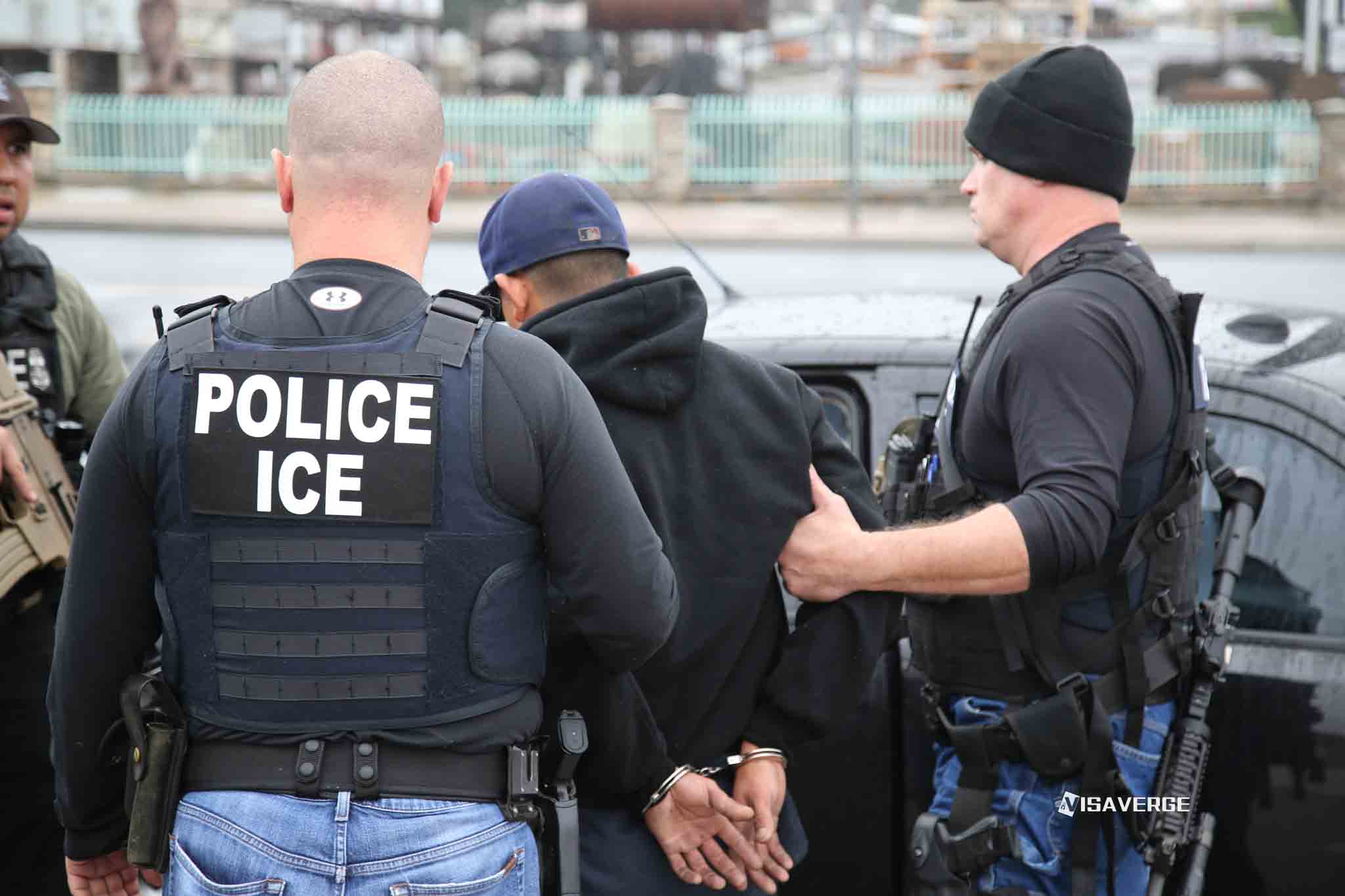(NIGERIA) Nigeria will begin enforcing reciprocal visa screening that requires US citizens to disclose all social media handles from the past five years when applying for Nigerian visas, officials said, answering new screening demands the United States placed on Nigerian applicants this month. The decision, endorsed by President Bola Tinubu, follows the US Mission in Nigeria’s August 18–19 confirmation that every Nigerian visa applicant—immigrant and nonimmigrant—must list their social media usernames on the DS-160 application and related forms. Nigerian authorities say enforcement will start immediately in August 2025 and mirror the US process.
This shift aligns Nigeria’s stance with a long‑running American policy that started under President Trump as part of expanded vetting. The US requirement now covers Facebook, X (formerly Twitter), Instagram, LinkedIn, TikTok, YouTube, and other major services, and the embassy warned that leaving out or misreporting accounts can trigger visa denial and possible future ineligibility. The DS-160 is filed online with the US Department of State; the official form portal is available on the State Department’s website. Only usernames are requested—not passwords—and applicants must certify the truth of their answers.

Nigeria’s Ministry of Foreign Affairs spokesperson, Kimiebi Ebienfa, said the country would respond on equal terms. “Anything visa is reciprocal. What you are mandating our nationals to do, we will also mandate your citizens applying for our visa to do,” Ebienfa said, describing an inter‑agency plan involving the Ministry of Foreign Affairs, the Ministry of Interior, and the National Intelligence Agency to finalize roll‑out. Officials said the practical steps will likely match the US system: integration into online visa forms, mandatory disclosure of five‑year history, and a signed certification.
Policy Changes Overview
Under the new rule for American travelers to Nigeria:
- Applicants must list a complete set of social media handles used in the last five years.
- Platforms include Facebook, X, Instagram, LinkedIn, TikTok, YouTube, and others in wide use.
- Nigeria will require only usernames/handles, not passwords.
- Applicants must affirm that their submission is true and complete.
- Missing, false, or partial disclosures may lead to visa denial, processing delays, or future ineligibility.
The policy applies across visa categories. Business visitors, tourists, students, aid workers, and journalists will face the same disclosure duty.
According to analysis by VisaVerge.com, applicants should prepare by writing down every account they have used, including older or secondary profiles that may still be publicly visible. The site notes that people often forget legacy usernames left behind after platform rebrands or mergers, which can create gaps that consular officers flag.
For Nigerians applying to the United States, the rulebook tightened this summer under President Biden, especially for students. The US Mission in Nigeria said failure to list social media information on the DS-160 will result in denial and can carry forward as an ineligibility marker. Applicants can review the official DS-160 guidance on the State Department’s portal, which spells out the online questions and the certification language that follows. The form is available at: https://travel.state.gov/content/travel/en/us-visas/visa-information-resources/forms/ds-160-online-nonimmigrant-visa-application.html
To track Nigeria’s implementation, applicants should monitor the Nigeria Immigration Service for updates on visa forms and any added fields requiring social media usernames. The government has said the measure is in force now, while the inter‑agency team completes final technical steps to align systems and instructions. For official updates on Nigerian visa procedures, visit the Nigeria Immigration Service website: https://immigration.gov.ng/
The immediate effect is administrative rather than ideological. Nigeria is matching the US step for step, a common feature in consular policy known as reciprocity. Supporters in Abuja frame the move as basic fairness: if Nigerians must share five years of online aliases to visit the United States, then US citizens should be ready to do the same to visit Nigeria.
Impact on Applicants and Stakeholders
Privacy advocates in the United States have long argued that social media screening chills speech and can be misread, harming people who post jokes, political satire, or comments out of context. Those concerns echo in Nigeria, where lawyers note that words, images, and even “likes” can be misunderstood outside their original setting.
Government officials, however, say the checks help with national security and visa fraud prevention, especially when comparing a traveler’s declared purpose with online activity.
Practical advice for US citizens planning trips to Nigeria:
- Make a written list of all social media handles used since mid‑2020, including accounts created and later deleted if the handles are still known.
- Include platform‑specific names that differ from legal names.
- Avoid guessing; if unsure, check email sign‑ups and device app histories to jog memory.
- Be consistent across the application and any interview statements.
Additional stakeholder concerns:
- Business and academic groups worry about slower, time‑sensitive travel due to added screening.
- University exchange offices anticipate more counseling for visiting researchers and conference speakers.
- Families may need to reschedule trips if missing usernames are discovered late in the process.
- Critics warn of possible bias if officers weigh political posts differently; decisions could vary applicant to applicant.
Both the United States and Nigeria say decisions are case‑by‑case, guided by security law and consular manuals, but neither country publishes detailed scoring rules for social media checks.
Under President Trump, US consular offices began asking for five years of online identifiers as part of a broader security push. In June–July 2025, under President Biden, American authorities in Nigeria reminded applicants that public social media checks are mandatory and warned that omissions would carry penalties. The Nigerian reply—approved by Bola Tinubu—signals that the reciprocity principle remains central to the country’s consular posture.
Implementation Questions Pending
Nigerian agencies will meet to finalize technical details. Officials have suggested the following steps are likely:
- Add a social media section to all online visa forms with fields for platform and handle.
- Require a checkbox certification affirming the list is full and correct.
- Train adjudicators to review declared usernames against public profiles.
- Flag cases for follow‑up when usernames seem incomplete or contradict other application data.
Important deadlines and warnings:
- Enforcement is said to begin immediately in August 2025.
- Failure to disclose or misreporting can lead to visa denial and potential future ineligibility.
- Monitor the Nigeria Immigration Service and the US State Department for updates and official guidance:
- Nigeria Immigration Service: https://immigration.gov.ng/
- DS‑160 guidance: https://travel.state.gov/content/travel/en/us-visas/visa-information-resources/forms/ds-160-online-nonimmigrant-visa-application.html
If you are applying, prepare now by compiling a complete, verified list of your social media usernames covering the past five years.
This Article in a Nutshell
Nigeria announced August 2025 enforcement requiring US visitors to list five years of social media handles on visa forms, mirroring US DS-160 rules and warning omissions may cause denial; only usernames are required, applicants must certify accuracy, and authorities will integrate fields, train adjudicators, and flag inconsistencies during processing.








